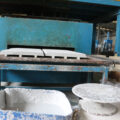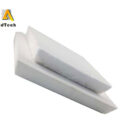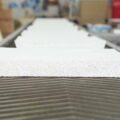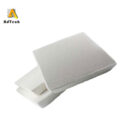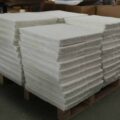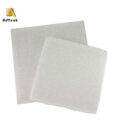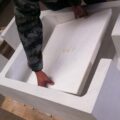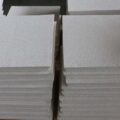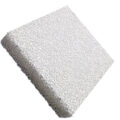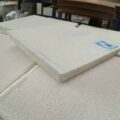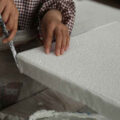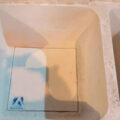Metal purity is one of the most important requirements in the foundry industry. The best practice in the field of molten metal filtration is to use sintered Metal Foam Filters. However, the structure of filtering foam means that this filter has its limitations. During the ceramic coating and sintering process, tiny particles may be formed inside the filter structure, which is only slightly sintered with the base material. The flow through the filter can cause these particles to separate, thus damaging the purity of the melt and causing inclusions in the casting.
As everyone knows, the removal of inclusions plays a key role in casting quality control, and the use of ceramic foam filters has increased considerably over the past few years.
Metal Foam Filters
Aluminum alloy melting is the first process of aluminum alloy processing, and it is also a crucial link. The technology of alloying, purifying and refining is embodied in the melting process.
Aluminum foil has been widely used in many fields because of its light weight, good corrosion resistance and good conductivity.
Ultra thin double zero aluminum foil with thickness less than 0.005 mm has become the goal and direction for modern aluminum processing enterprises to seize the market and improve efficiency.
In order to obtain high-quality ultra-thin double zero aluminum foil with less pinholes and high yield, the basic quality of aluminum foil blank must be strictly controlled.
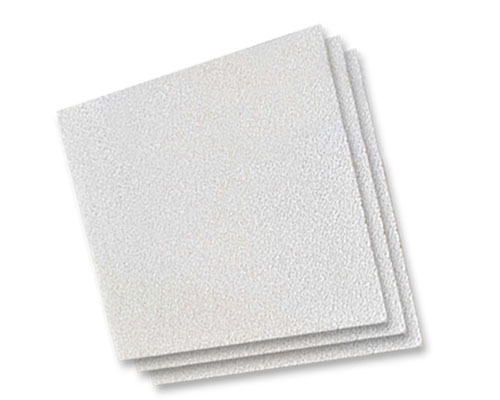
Metal foam filters is the key process of aluminum foil blank production, and is the premise and guarantee of processing high-quality double zero aluminum foil. It has a profound influence on the quality and yield of ultra-thin double zero aluminum foil.
When the new filter plate is first used, the slightly larger inclusion particles in the aluminum melt may pass through the pores of the filter plate. These “large particles” inclusions are inherited in the cast-rolled billet and affect its inherent quality.
When the filter plate is used for a period of time, some small impurity particles will be adsorbed in its pores. As the amount of filtration of aluminum liquid does not gradually increase, the adsorbed particles in the pores of the filter plate continue to gather, so that the pores of the filter plate become smaller and the filtering effect is improved. .
But when the amount of impurities adsorbed by the filter plate is so large that it blocks the pores of the filter plate, the filtering effect begins to decrease, and the quality of the cast-rolled billet is correspondingly reduced.
It can be seen from the test pinholes that the two-stage filter plate can well remove the small particle inclusions in the aluminum melt, and has a better purification effect on the aluminum melt.


